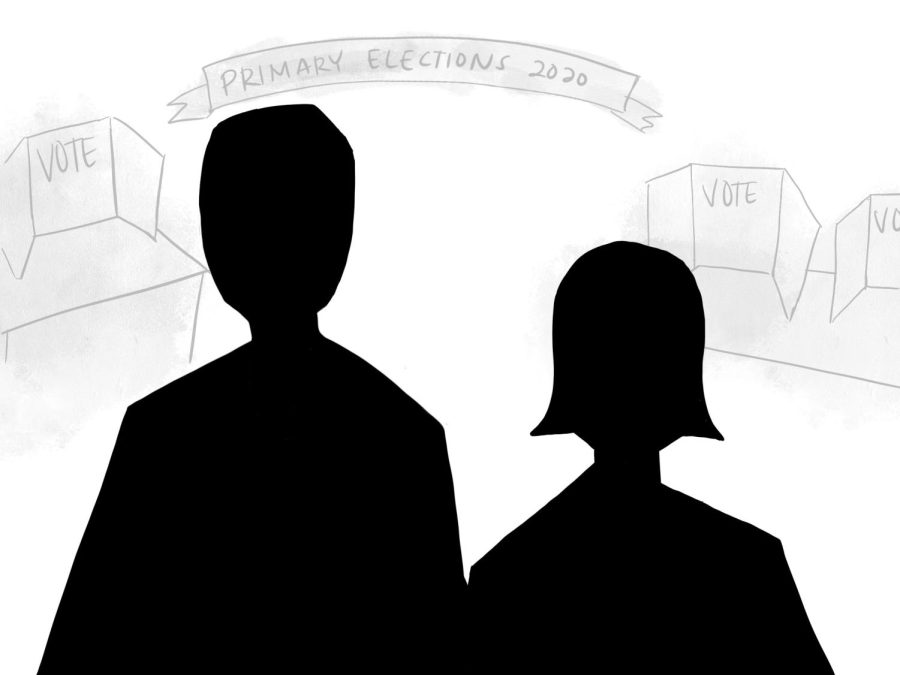Nonverbal communication study may help determine the winner of the 2020 presidential election
April 14, 2020
Voters may be able to predict the winner of the 2020 presidential election by simply watching the movements of the candidates.
Kent sociology professor alumni Stanford Gregory has done extensive research on sounds and tones of people’s voices.
He uses a device called the Fast Fourier Transform, which is used to diagnose things like engine transmissions and bum knees based on sound frequencies. One of the most important dimensions of nonverbal behaviors is “paralanguage,” which refers to the nonverbal aspects of speech that contribute to social meaning and emotion.
“This began with an interesting study of nonverbal communication,” Gregory said. “Communications of the body are really important when it comes to primary characteristics in primary candidates and debates.”
This device has been used for research for past presidential elections, including 2004 election Bush v. Kerry. Based on the device, Gregory predicted Kerry as the eventual winner of the election. The technique that Gregory developed over a period of time can determine which candidate demonstrates more confidence and who is taking more charge.
“Many well-known people used this test to determine if it was possible to select the person with the highest level of celebrity, as opposed to less celebrity,” said Gregory. “It’s all about which participant adapts to the lower-level frequencies set by the more dominant candidate.”
As for the 2020 election, Gregory describes how the device applies to the current election cycle and how it has never been used on a candidate quite like President Donald Trump.
“It seems evident to me that the current president has a unique ability to be able to dominate his opponents,” said Gregory. “He is a formidable weapon when it comes to television and overcoming his opponents.”
Gregory believes that the past potential DNC nominees would not be able to go up against Trump sufficiently, including the last potential nominee, Joe Biden.
“I don’t think any of them stand a chance when it comes to these kinds of things,” said Gregory. “Are these candidates really able to withstand the nonverbal slings and arrows that this guy can throw?”
After Gregory retired from Kent State, his work continued through sociology professor William Kalkhoff. Kalkhoff is currently working on an army grant where soldiers can receive information on how to disarm a bomb by hearing how to.
“We’re taking what Stan did and extending the analysis in brain activity,” said Kalkhoff. “We ended up doing the same thing with Fast Fourier Transform, but in the brain.”
Gregory and Kalkhoff have published a joint study about the Fast Fourier Transform and non-verbal communication in presidential debates that contain more information about power rituals in the 2008 presidential election.
Kalkhoff has similar opinions of Gregory of who they think will take the lead for the presidency. Kalkhoff thinks the audience will see a different side of Biden as the election nears.
“Biden has this ‘Grandpa Joe’ persona; he’ll have a fistfight with you before a verbal argument,” said Kalkhoff. “I think a rougher Joe Biden is going to come out and be very entertaining.”
Annie Zwisler covers student politics. Contact her at [email protected].












